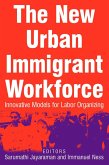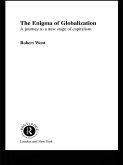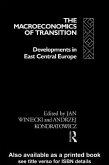This book examines the issue of immigration and the contribution immigrant enterprise plays in the economic development of gateway cities such as London, New York, Los Angeles, Paris, Amsterdam and Miami, cities which appear as the living embodiment of globalization.
"Immigrant Enterprises" in Europe and the United States questions the extent to which cities are transformed by immigrants themselves, 'from below', and points to relationships with wider processes, such as the legal and political framework and the restructuring by capital of particular industries and localities. What happens to immigrants is shaped by membership of particular groups and the historical circumstances they find themselves in. It isalso shaped by the reproduction of social stratification rooted in class, gender, race, age. The book points to the development of social and economic differentiation amongst immigrant groups, which challenge popular stereotypes about immigrants in business i.e. that they invariably operate on the fringes of the law and are dependent on family labor. The findings on the contrary point to a highly differentiated enterprise structure. The recognition of diversity is a necessary first step to understanding winners and losers in immigrant enterprise.
Dieser Download kann aus rechtlichen Gründen nur mit Rechnungsadresse in A, B, BG, CY, CZ, D, DK, EW, E, FIN, F, GR, HR, H, IRL, I, LT, L, LR, M, NL, PL, P, R, S, SLO, SK ausgeliefert werden.









